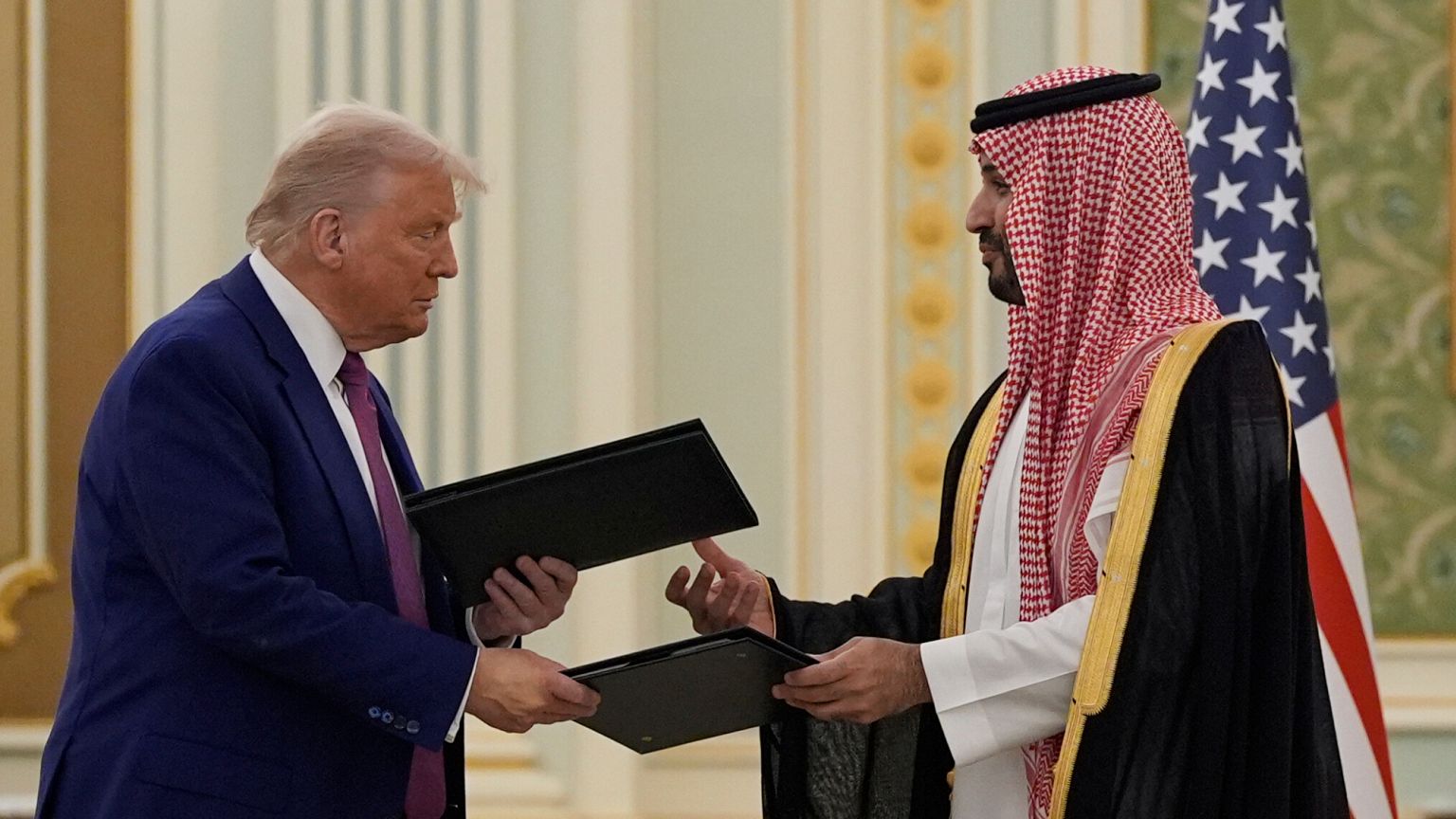
THREAD: trump trade deal delivers huge
LifeLine™ Media threads use our sophisticated algorithms to construct a thread around any topic you want, providing you with a detailed timeline, analysis, and related articles.
News Timeline


TRUMP’S Historic Arms Deal Shocks World: $142 Billion Boost For America
— President Trump just signed a record $142 billion arms deal with Saudi Arabia. This is the biggest defense sale in US history. The agreement gives Saudi Arabia advanced military gear, weapons, and support from American companies.
Part of the deal includes gas turbines and $3.3 billion worth of air-to-air missiles for Saudi jets. US officials say this strengthens our foreign policy and keeps a key ally close in the Gulf region.
Saudi Arabia also plans to invest up to $600 billion in America over four years. President Trump wants that number to reach $1 trillion. This trip was his first official visit of his second term, showing strong ties between Washington and Riyadh.
This deal proves America’s promise to keep the Middle East stable while creating jobs and bringing money back home.
TRUMP’S $142 Billion Arms Deal Ignites Fury And Hope Worldwide
— President Trump has sealed a $142 billion arms deal with Saudi Arabia, shaking up global politics. The agreement brings advanced weapons sales and loosens sanctions on Syria. Some critics warn this could change the balance of power in the Middle East.
Supporters say closer ties with Saudi Arabia will create American jobs and help push back against Iran’s growing influence. Trump’s team calls it a big win for U.S. industry and national security. “America comes first,” one advisor said.
Other world leaders are worried about stability in the region and human rights concerns linked to the deal. The size of this agreement has put America’s foreign policy choices under a microscope again.
As debate continues, markets are watching for what happens next after this bold move. The future of U.S.-Middle East relations may depend on how things unfold from here.
TRUMP’S $142 Billion Arms Deal Sparks Fury And Hope Across The Globe
— Former President Donald Trump has sealed a massive $142 billion arms deal with Saudi Arabia. The agreement also comes with the easing of sanctions on Syria. This move has set off strong reactions worldwide, as people question what it means for peace and America’s future role in the Middle East.
Some critics warn that sending more weapons to Saudi Arabia could make the region even more unstable. They say it might lead to new conflicts and put American interests at risk. But supporters argue this deal will strengthen US-Saudi ties and help keep America safe by boosting its influence abroad.
In Europe, French right-wing leader Marine Le Pen was convicted of embezzling European Parliament funds. She received four years in prison, though two are suspended, and must wear an electronic monitor for two years. Le Pen also faces a five-year political ban, which could end her run for president in 2027. She calls the charges unfair and says they are politically motivated.
Elsewhere, India and Pakistan have agreed to a sudden ceasefire after talks led by the US — offering rare hope after weeks of violence between these nuclear neighbors. In Britain, political drama continues as recent legal decisions have caused rifts inside Reform UK. All these events show how leaders everywhere are facing tough questions at home and on the world stage.

US-CHINA TRADE Truce Ignites Hope, But Record Deficit Stings Americans
— The U.S. and China have agreed to a 90-day trade truce, cutting tariffs on each other’s goods. U.S. tariffs on Chinese imports dropped from 145% to 30%. China lowered its own tariffs from 125% down to just 10%. This deal sparked a rally in Asian markets, with Japan’s Nikkei jumping nearly 2%. Car makers like Toyota and Suzuki also saw big gains.
But the good news comes with a warning sign. The U.S. Treasury revealed the trade deficit has hit a record $1.2 trillion. Treasury Secretary Scott Bessent claims “substantial progress” in talks with China but didn’t share many details. Lawmakers and global partners are worried about how this growing deficit could hurt American jobs and businesses.
Western car companies are trying new ways to stay competitive as sales drop in China. Volkswagen is teaming up with Ecarx, a Chinese tech company that builds smart car systems. Mercedes-Benz will use Chinese-made sensors for its vehicles around the world.
Meanwhile, Ford put its financial plans on hold because of uncertainty over President Trump’s tariffs — which could cost them $1.5 billion this year alone. In Japan, regulators plan to give crypto assets legal status as financial products by changing laws next year.

TRUMP’S Trade WAR Truce Sparks Surge in Asian Markets
— Asian stocks soared Tuesday after the U.S. and China agreed to a 90-day pause in their trade war. Both nations announced big tariff cuts. U.S. tariffs on Chinese goods dropped from as high as 145% to 30%. China lowered its tariffs on American products from 125% to just 10%.
This truce gives both sides more time for talks after meeting in Geneva. Experts say the deal was better than expected and calmed investors, but warn President Trump could still change course if needed.
Japan’s Nikkei index jumped nearly 2%. Automakers like Toyota and Suzuki led the gains, while Nissan shares rose too after news about major layoffs tied to restructuring.
South Korea’s Kospi index edged up by 0.2%. Investors are still careful about long-term risks, but for now, markets are responding with relief and optimism.
RECORD TRADE Deficit Ignites Alarm Over Weak US-China Deal
— America’s trade deficit has hit a record $1.2 trillion, sparking fresh fears about the country’s financial health. Treasury Secretary Scott Bessent claimed “substantial progress” in talks with China but failed to share any real details about the agreement made in Geneva.
The U.S. wants China to change its economic habits and shrink the $295 billion gap between the two nations. Many hoped this deal would lower tensions, but doubts are growing because no one knows what was actually agreed on.
Republicans are demanding answers and real results, warning that out-of-control deficits put American jobs and factories at risk. The Biden administration now faces heavy pressure to deliver actual solutions instead of empty promises.
Until Washington releases clear terms, Americans have every right to question if their leaders are truly fighting for U.S. interests in these critical talks with China.
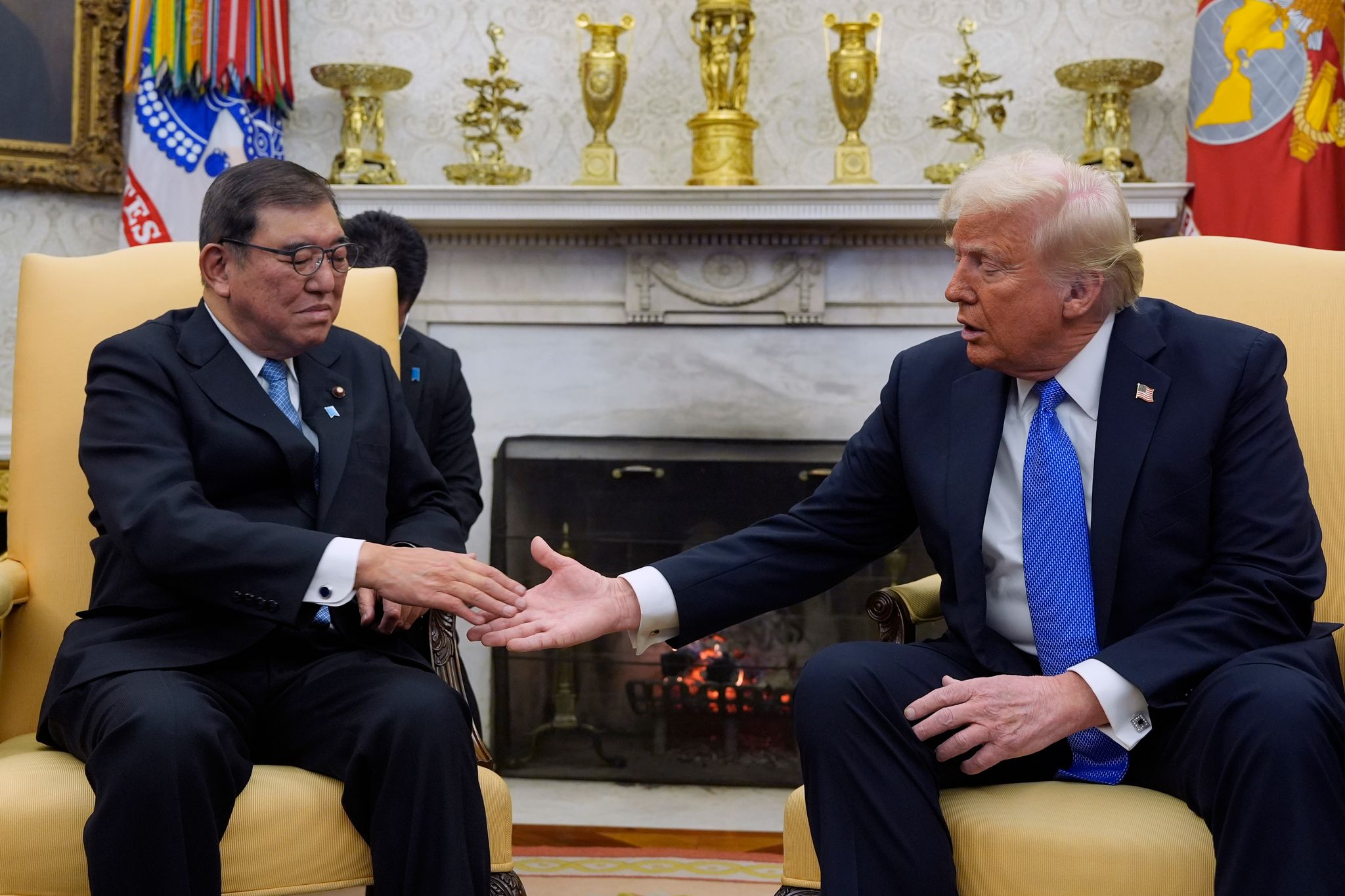
$12 TRILLION TRADE Deficit Shocks America: Urgent Calls for Stronger Policies
— America’s trade deficit just hit a record $1.2 trillion, setting off alarm bells in Washington and around the world. The Treasury says there has been “substantial progress” in recent talks with China, but they aren’t sharing details.
Top U.S. and Chinese officials met in Switzerland to try to ease a tense trade war filled with new tariffs. But this huge deficit shows America is still struggling to balance trade with China and other countries.
This financial milestone is a warning sign for the U.S. economy and our place on the world stage. Lawmakers now face growing pressure to find real answers that protect American jobs and businesses.
Conservatives say it’s time for strong, America-first trade policies. They believe bold action is needed now more than ever to bring back stability and stop foreign competitors from taking advantage of our country.
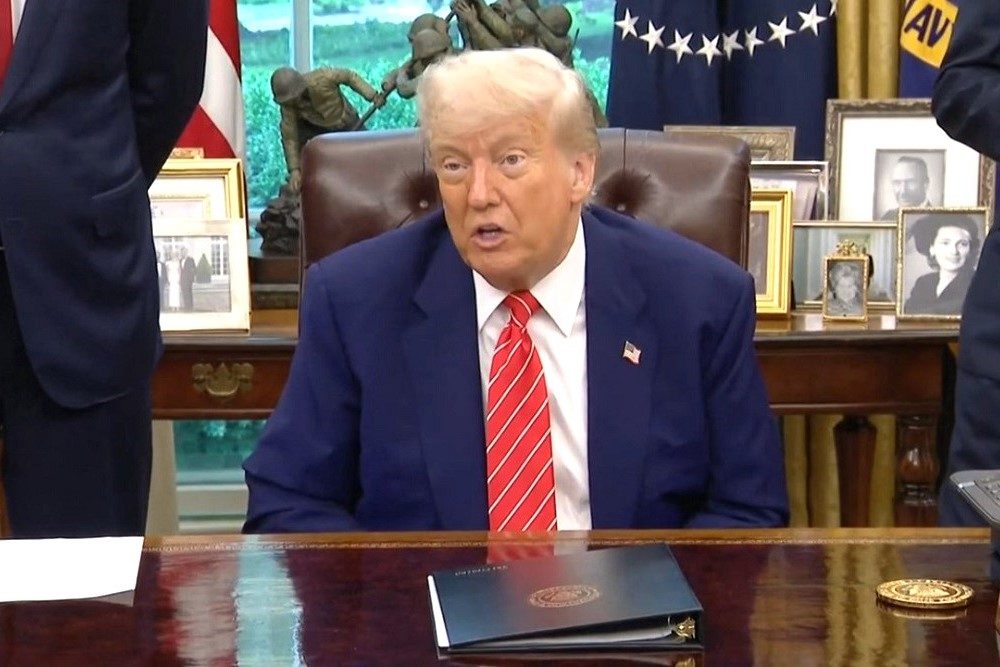
TRUMP’S Trade Deal Delivers Hope And Power To American Farmers
— President Trump’s new TRADE deal with the United Kingdom is being called a huge win for American farmers and ranchers. White House adviser Rollins said, “The deal puts American agriculture first,” pointing to bigger beef exports as a top benefit.
Farmers will likely see higher profits and gain new access to British markets. This agreement is another step in Trump’s “America First” trade plan, which helps U.S. producers compete overseas.
The administration keeps working on deals that put American businesses and workers ahead of foreign interests.
With little other business news on May 8, 2025, this announcement stands out as an economic bright spot for rural America.

TRUMP’S Trade Deal Delivers Huge WIN for American Farmers
— President Trump’s new trade deal with the UK is being called a big win for American farmers and ranchers. White House adviser Rollins said the agreement puts American agriculture first, especially beef exports. She called U.S. beef “the safest, best quality, and the crown jewel of American agriculture.”
Rollins added that this deal covers more than just beef and ethanol. She said America’s trade team is working hard to open doors for all farm exports. According to Rollins, no other industry has faced as much unfair treatment as U.S. agriculture.
After his “Liberation Day” speech, Trump shared details about the agreement on Truth Social. He said America will gain $6 billion from tariffs and $5 billion in new export chances for farmers and ranchers.
The deal also boosts national security by creating a trading zone for aluminum and steel with the UK and protecting medicine supply chains. Trump pointed out that past presidents failed to get such fair deals done for Americans.

TRUMP’S Auto Imports TarifF Shock: “Liberation DAY” Ignites Hope For American Jobs
— President Trump just announced a 25% tariff on imported cars and parts, starting April 2, 2025. He calls it “Liberation Day” for American industry. The new tariffs will hit countries like Canada, Mexico, Japan, South Korea, and Germany.
The Trump team says these tariffs will boost U.S. manufacturing and protect American jobs. They believe it’s time to put America first and make foreign countries play by our rules — even if there’s some short-term pain.
Critics warn car prices could rise for families and that supply chains might get disrupted. Some experts say there could be temporary shutdowns in auto plants while companies adjust.
This move is part of Trump’s bigger plan to target steel, aluminum, and other imports from places like China and Venezuela. India may get special treatment as talks continue. Europe is already threatening to fight back over past metal tariffs.
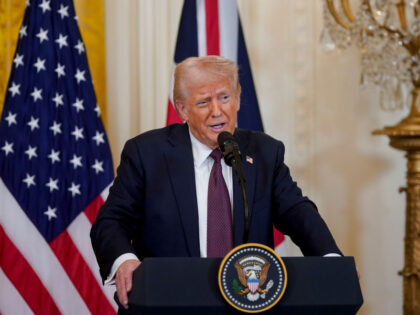
US-UK TRADE DEAL "Highly Likely": Vice President Vance’s Bold Prediction
— A trade deal between the United States and the United Kingdom is “highly likely,” according to Vice President JD Vance. In an interview with UnHerd, Vance shared his optimism about a mutually beneficial agreement. He noted President Trump’s fondness for the UK, which shapes ongoing trade discussions.
The UK was placed on Trump’s global tariff minimum due to its balanced trade relationship and Trump’s personal affinity for the nation. Washington is actively pursuing a deal with Britain, emphasizing cultural ties and shared heritage. Both Trump and Vance proudly acknowledge their British roots, contrasting previous administrations’ anti-British sentiments.
Vance’s comments align with reports prioritizing trade deals with nations like the UK, Australia, South Korea, and Japan — focusing on Asia but including Anglo allies. This focus may disappoint other nations eager for deals after Trump’s tariff announcements. Countries already negotiating may benefit more from these upcoming agreements.
Vance contrasted the UK’s reciprocal trade relationship with Germany’s export-heavy approach to the U.S., noting challenges American businesses face in Germany. The U.S.-UK relationship remains strong amid these negotiations, highlighting cultural affinities and historical connections as key factors in advancing talks.

TRUMP’S Tariff CUT Sparks Stock Market Surge
— In a bold move, President Donald Trump announced a temporary cut in tariffs for many countries, while raising them for China. This decision caused U.S. stock indexes to soar, with the S&P 500 seeing its biggest gain since 2008, closing 9.5% higher. Trump’s tariff strategy aims to increase pressure on China amid ongoing trade tensions.
The announcement led to a sharp drop in the Cboe Volatility Index (VIX), which fell by 15 points to 37.2 after news of a 90-day tariff pause for most nations. However, China’s response was quick as they imposed an 84% retaliatory tariff on U.S. goods following the new U.S. levy on Chinese imports that took effect at midnight. This escalation adds uncertainty to global markets despite the initial boost in U.S stocks.
Meanwhile, on the home front, the U.S government has started monitoring immigrants’ social media accounts for signs of antisemitism as part of enhanced security measures. This initiative reflects growing concerns over hate speech and its potential impact on national security and social cohesion within immigrant communities across America.;
TRUMP’S 104% China Tarifs Stun Global Markets
— The UK and EU stock markets are feeling the pressure as President Trump’s tariffs, including a steep 104% on Chinese goods, take effect. EU trade commissioner Maroš Šefčovič announced that the EU will not retaliate against these U.S. tariffs, citing limited options for response. European Commission President Ursula von der Leyen suggested a “zero-for-zero” trade deal to the White House amid talks of an EU-US free trade zone by Trump adviser Elon Musk.
Concerns about the economic impact of these tariffs are growing in Europe. Patrick Martin, head of France’s Medef business lobby, warned that U.S. tariffs could harm France’s economic growth and possibly lead to a recession. Meanwhile, Wall Street has also taken a hit as hopes for tariff delays fade, with the S&P 500 dropping 1.6%.
Elon Musk has publicly criticized Trump adviser Peter Navarro over comments related to Tesla and the broader effects of U.S. tariffs on American businesses. In other business news unrelated to tariffs, a Chinese billionaire is looking to purchase multiple Hudson’s Bay locations in Canada due to an emotional connection with the brand and aims to prevent its financial collapse. Binding bids for these assets are expected by April 30th with lease offers due by May 1st.;

TRUMP’S BOLD Defense of US Trade Tariffs Stirs Controversy
— Former President Donald Trump is firmly defending the sweeping tariffs from his time in office, despite facing backlash. He argues these tariffs are vital to protect American jobs and industries, saying, “sometimes you have to take medicine.”
Critics warn these tariffs might raise consumer prices and spark retaliation from countries like China. Analysts suggest Trump’s stance could energize his base in key battleground states where manufacturing jobs matter most.
Trump supporters believe the tariffs will revive American manufacturing, even as protests against them grow in various cities. Demonstrators claim the economic impact will hit the working class hardest.
The tariff debate becomes crucial ahead of elections, shaping voter opinions and party strategies. Republican leaders are split on Trump’s policies, with some worried about possible economic fallout.
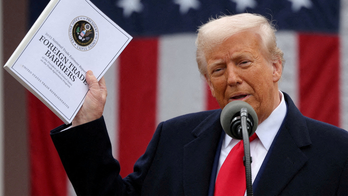
TRUMP’S Trade WAR Shocks: China And EU Face Major Impacts
— President Donald TRUMP announced sweeping tariffs affecting nearly all U.S. trading partners. China and the EU are hit hardest. The White House imposed a 10% tariff on all imports, with China facing an additional 34% on top of an existing 20%, totaling a hefty 54%. This move is just shy of Trump’s campaign promise of a 60% tariff on Chinese goods.
China reacted strongly, promising countermeasures against what it calls “protectionism.” The Chinese Commerce Ministry argues that trade wars have no winners and urges the U.S. to resolve differences through fair talks. Meanwhile, European nations face a blanket 20% tariff along with existing tariffs on steel, aluminum, and car exports.
Canada’s Prime Minister Carney has vowed to “fight” these tariffs as other world leaders assess their economic impact. The European Union has also promised retaliation against Trump’s aggressive trade policies. As tensions rise globally, nations brace for potential economic fallout from this escalating trade war initiated by the U.S..
TRUMP’S Bold Trade Move Shakes Global Markets
— Former President Donald Trump has signed orders for “reciprocal tariffs” aimed at countries with unfair trade practices. This plan is to protect American jobs by taxing goods from nations harming the U.S. economy. It’s a major shift in U.S. trade policy, affecting many imports.
Trump calls these tariffs vital to balance foreign advantages over American manufacturers, showing his focus on American workers and industries. This aligns with his re-election strategy, emphasizing economic nationalism as a key point. Supporters see it as reclaiming economic control, while critics warn of possible retaliatory tariffs and tense international relations.
Economists are split on the effects, worried about complicating U.S. trade further and raising consumer costs if other countries retaliate. The announcement has sparked mixed reactions across political lines, showing different views on its economic impact potential.
As Trump boosts his campaign efforts, this sweeping tariff policy will be watched closely by both domestic and international stakeholders for its effects on global trade dynamics and the future direction of the U.S economy’s path forward.

TRUMP’S Bold Move: UK Could Dodge US Trade Barriers
— Donald Trump praised UK Labour leader Keir Starmer for his effective lobbying during a recent meeting. Trump described the encounter as “tremendously productive.” This hints at a possible exemption for the UK from new US tariffs.
Trump expressed optimism, stating there is “a very good chance at arriving at a very good deal.” This suggests positive developments in US-UK trade relations. The meeting also touched on foreign policy issues, especially concerning Ukraine.
The talks could signal big shifts in transatlantic ties as both nations navigate complex political landscapes. Trump’s remarks highlight potential changes in US trade policy favoring the UK.
Such developments may have far-reaching effects on both countries’ political and economic environments, strengthening their relationship even further.

TRUMP’S Bold Trade Plan Sends Global Markets Into Turmoil
— President Donald TRUMP is set to announce new reciprocal tariffs on Thursday. These tariffs aim to match the tax rates other countries impose on U.S. imports. This move is part of Trump’s strategy to reshape international trade and counteract barriers that hurt American businesses.
Trump’s plan has sparked discussions among global trading partners, potentially impacting economic relations and market stability. The announcement follows a memo he signed, directing his team to calculate duties that align with those charged by other nations.
In addition to trade policy changes, the Trump administration has started workforce reductions across federal agencies, affecting recent hires in departments like Education and Energy. These actions reflect a broader agenda focused on reducing government size and boosting efficiency.
Meanwhile, Southern California faces severe weather threats as heavy rains prompt evacuations due to potential debris flows in wildfire-scarred areas. Residents are urged to stay alert as CalTrans crews work tirelessly to reduce flooding risks in affected regions.

TRUMP’S Bold Move: Ending Canadian Trade Loophole Shakes Up Business
— Canadian businesses are facing new challenges as the U.S. ends the “de minimis” rule for duty-free imports. This change, driven by former President Donald Trump’s executive order, will now impose tariffs on goods that were previously exempt due to their low value.
Sheena Russell, founder of Made with Local in Dartmouth, N.S., is worried about rising costs affecting her snack food business. With the executive order taking effect next month, companies are bracing for higher expenses and more administrative hurdles.
This development comes when businesses are already dealing with various economic pressures. The end of this loophole is expected to cause a demand shock as Canadian companies adjust to the new trade landscape.

TRUMP’S Trade Shake-UP: Canadian Businesses Brace for Impact
— Canadian businesses face new challenges as former President Donald Trump’s executive order ends the DE MINIMIS exemption for shipments entering the U.S. from Canada. This change, along with looming tariffs on Canadian goods, worries business owners. The exemption previously allowed cost-effective shipping with minimal duties, easing cross-border trade.
Sheena Russell, founder of Made with Local in Dartmouth, N.S., voiced her concerns about these changes. Businesses now expect higher costs and administrative hurdles as they adapt to new tariff rules. Compliance complexities may force significant adjustments in operations and pricing strategies for many companies.
The impact is especially troubling for small to medium enterprises that may struggle with these added burdens. The broader implications could hit the Canadian economy hard, highlighting the need for strategic planning by affected businesses. Leaders are preparing to navigate this tough landscape while seeking ways to lessen potential negative effects on their operations and profits.

— UK Ambassador Teams Up with Farage to Win Over Trump Lord Mandelson plans to collaborate with Nigel Farage in efforts to strengthen ties with the Trump administration

— Dow Soars 300 Points, Closes Above 44,000 for the First Time The stock market rally is fueled by renewed enthusiasm surrounding former President Trump’s policies

— China Prepares for Key Week Amid US Elections and Stimulus Anticipation Markets are closely watching as China braces for significant developments related to the upcoming US elections and potential economic stimulus announcements
— Trump Proposes Relocation of 100,000 Jobs from DC Area The former president’s Agenda 47 aims to shift jobs from Virginia, Maryland, and the District of Columbia

— Business Leaders Optimistic for Trump Victory Despite Current Polls: C-Suite Advisor Warns of Denial Trend Among CEOs

Video
TRUMP’S Bold Blueprint: A Revival of the Most Secure Border in History
— Former President Trump has recently shared his strategy to reclaim control over the U.S. border. He criticized President Biden for dismantling what he referred to as “the most secure border in history.” Trump’s comments emphasized the effective policies of his term, including ending “catch and release”, constructing 571 miles of border wall, and the introduction of quick asylum adjudication.
Trump further condemned Biden’s decision to cancel removal policies such as “Remain in Mexico,” Asylum Cooperative Agreements (ACAs), and the Title 42 COVID-19 expulsion mechanism. He expressed disappointment that materials for an extra 200 miles of wall were sold at a fraction of their value.
Texas Governor Greg Abbott supported Trump’s views, applauding his state’s efforts to limit illegal immigration via Operation Lone Star. This operation has led to over 40,000 criminal arrests and seizure of more than 114 million lethal doses of Fentanyl. Abbott also announced plans for a military base near Eagle Pass designed to accommodate up to 1,800 soldiers with surge capacity for an additional 500.
After their speeches at a small border park — where migrant crossings have significantly decreased from over 71,000 in December to just above 13,000 this February — both leaders left. Their remarks highlighted their dedication towards re-establishing stringent border controls.


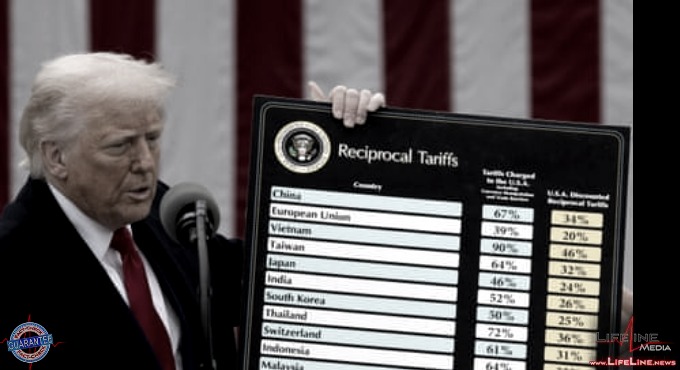
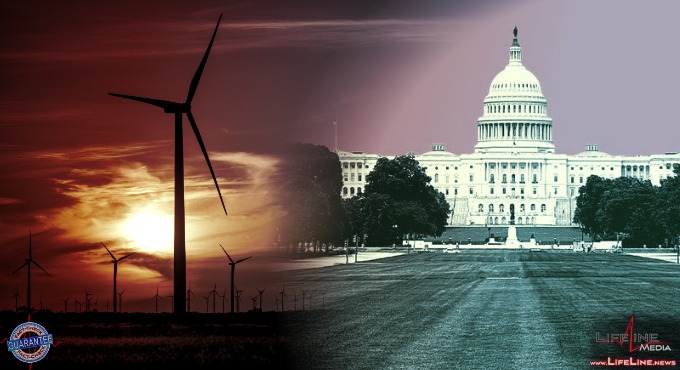
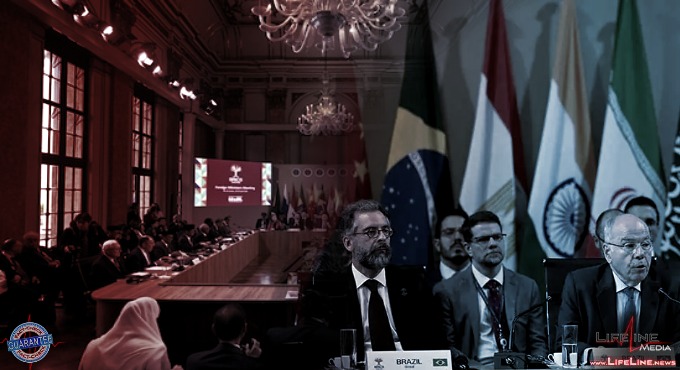
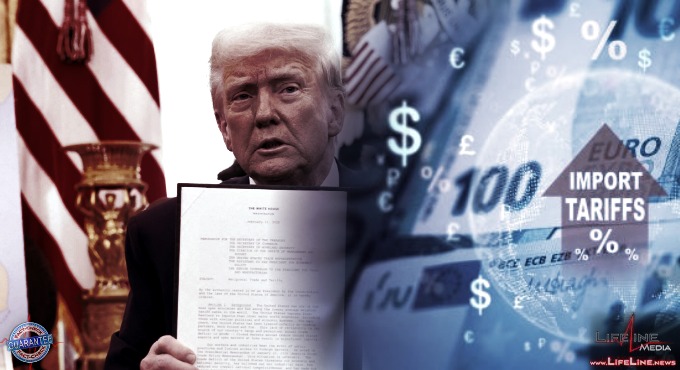

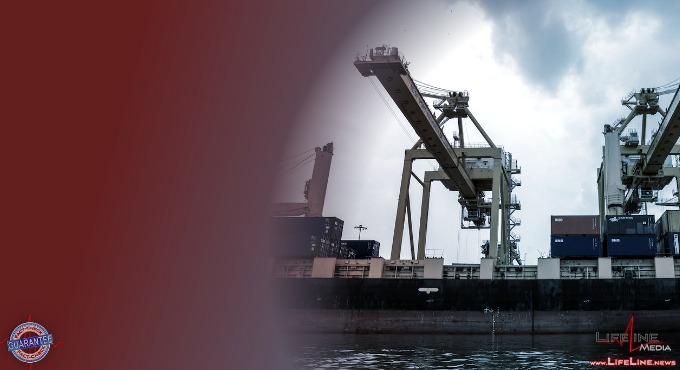
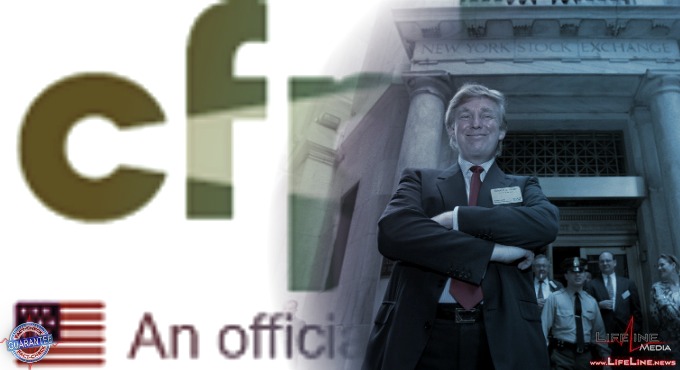
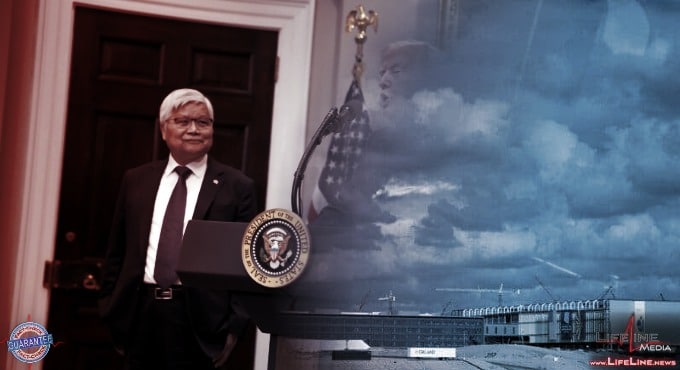
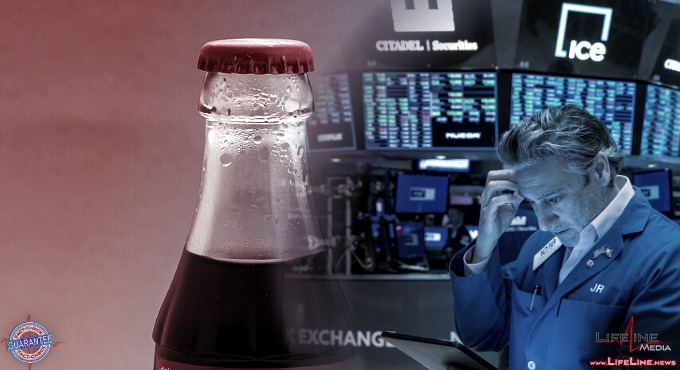
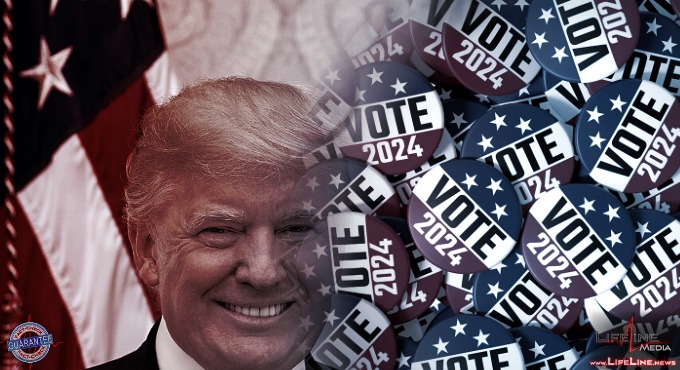
Social Chatter
What the World is Saying🇺🇸🇬🇧 "We signed a tremendous trade deal... With this deal, the UK joins the US in affirming that reciprocity and fairness is an essential and vital principle of international trade....
. . .The Trump Ukraine mineral deal is a very good one for Ukraine. America has a vested interest in its security going forward. Putin now must think twice before taking more territory. It is also...
. . .THE TRUMP EFFECT: $8 TRILLION in U.S. Investments and Climbing! 🇺🇸💰
. . .Just 100 days in, President Trump’s economic policy is driving down inflation, gas, and grocery costs, while jobs boom, investments pour in, and America First proves it’s not just a slogan...
. . .President Trump: “I can’t speak more highly of any individual than Elon Musk… He’s an incredible, brilliant guy. A wonderful person.. He’s saved us almost $200 billion, and rising...
. . .